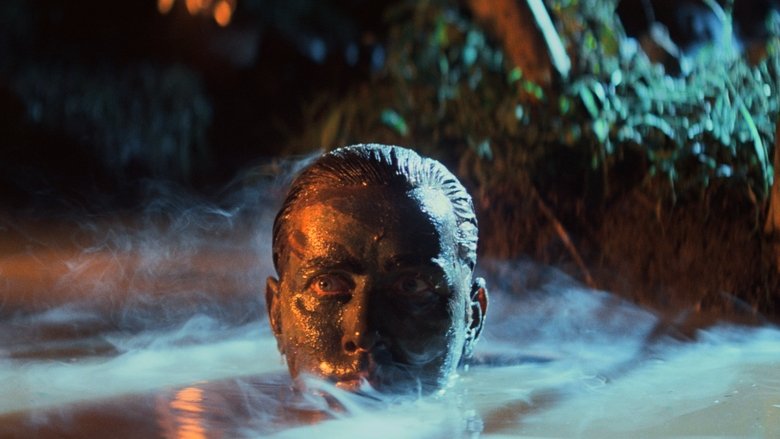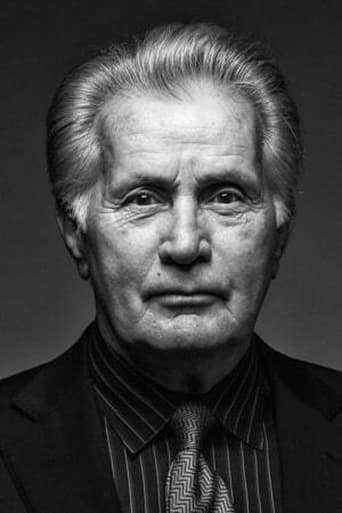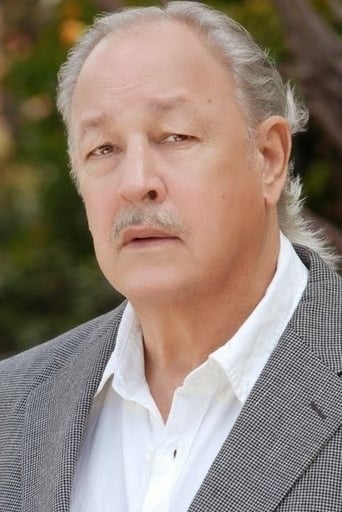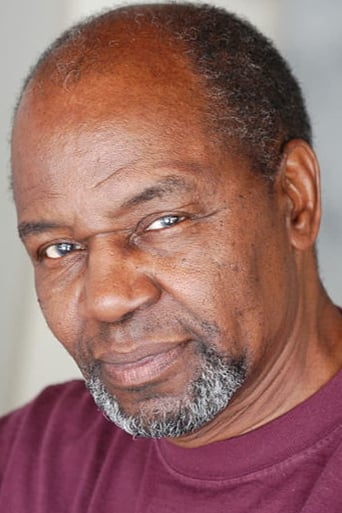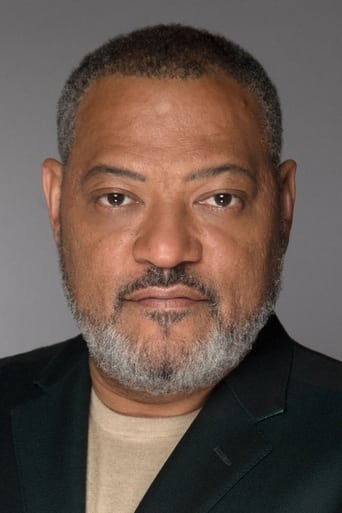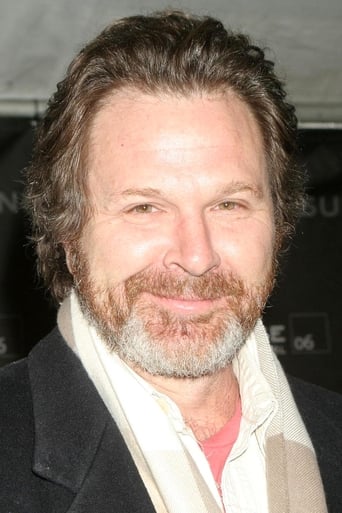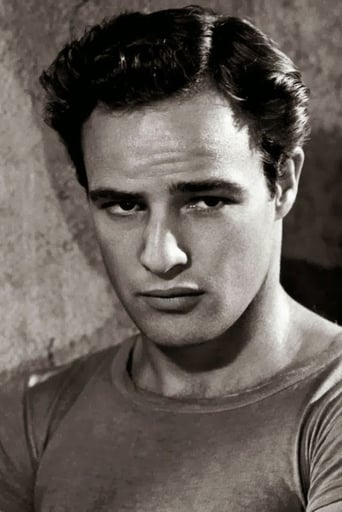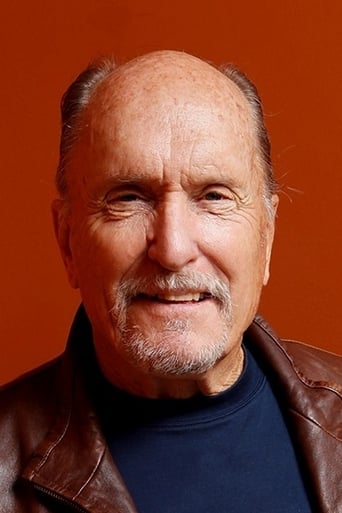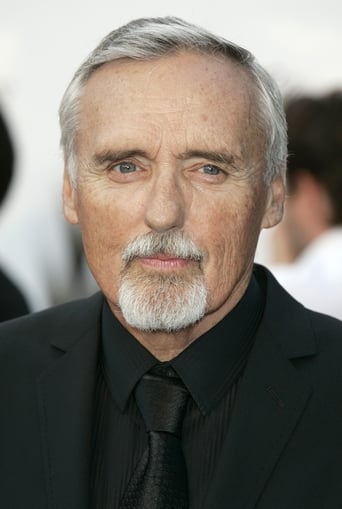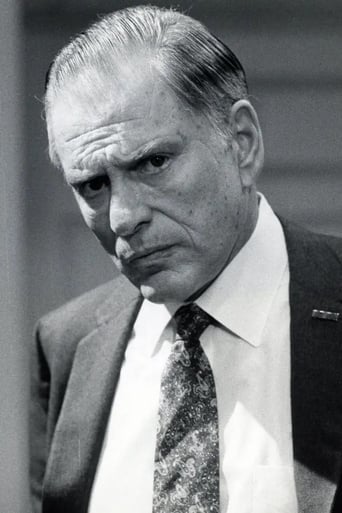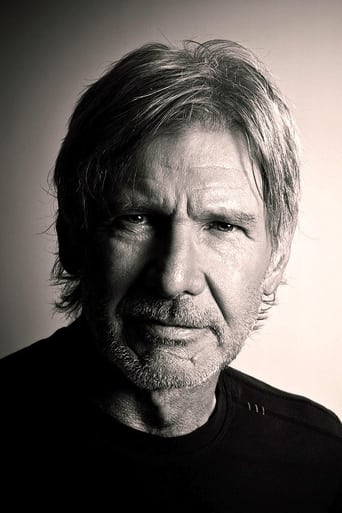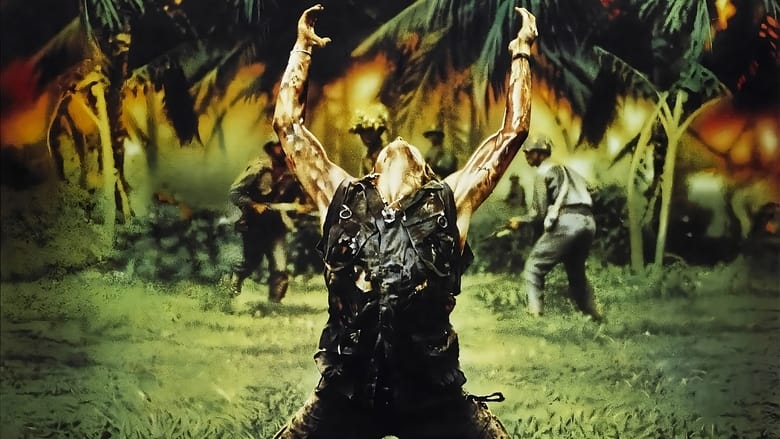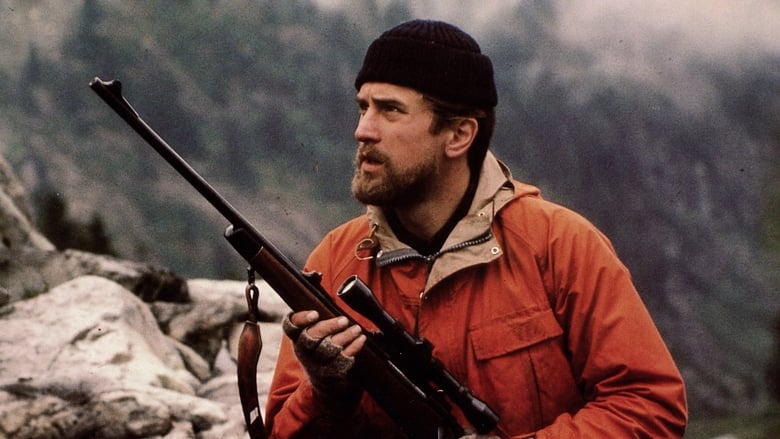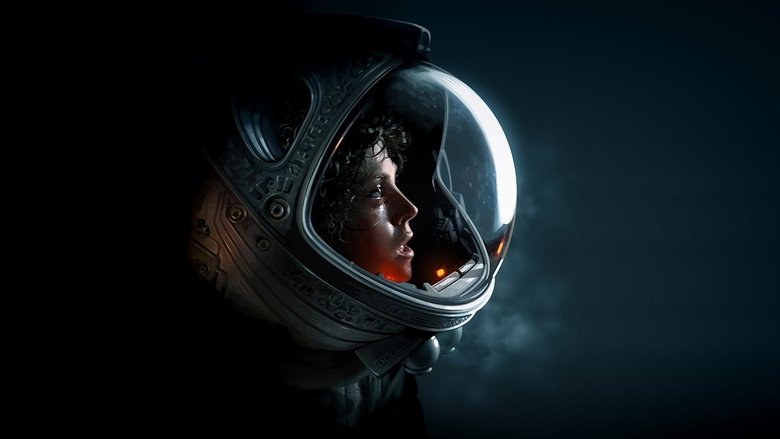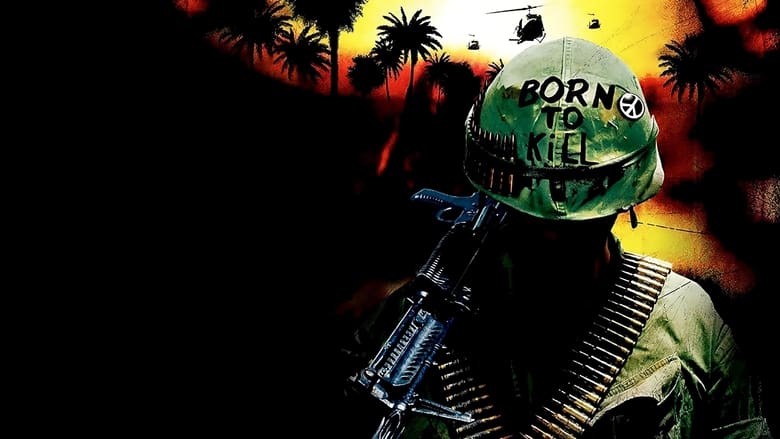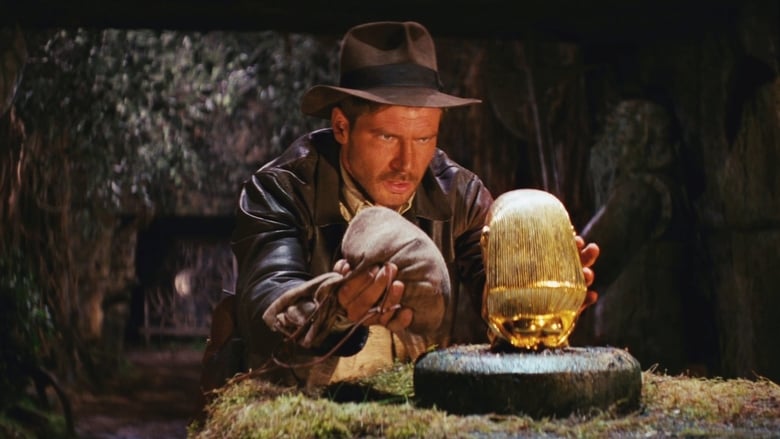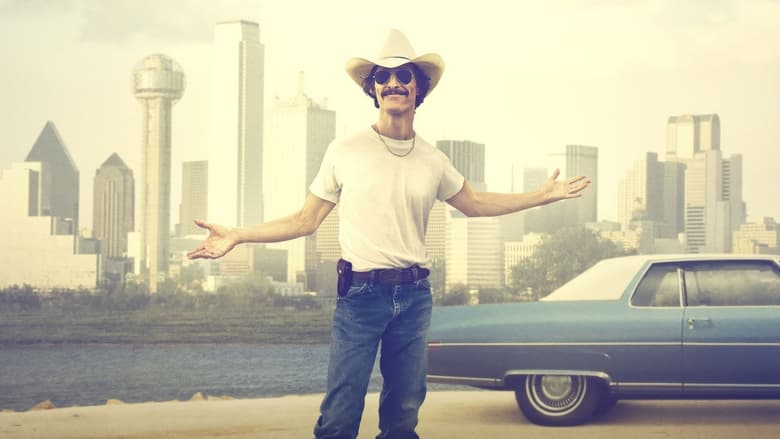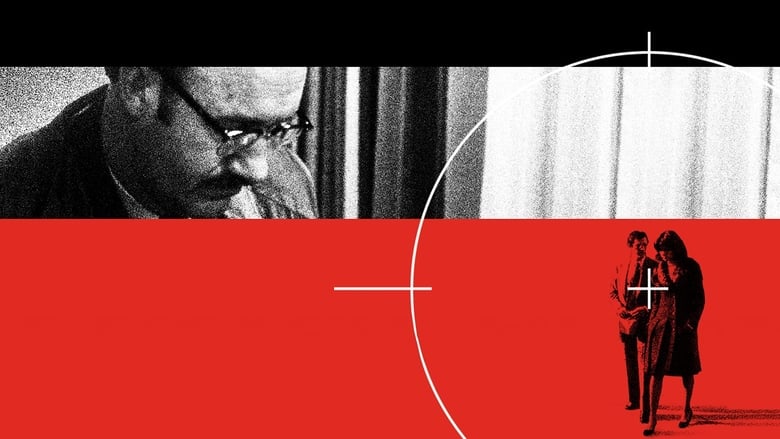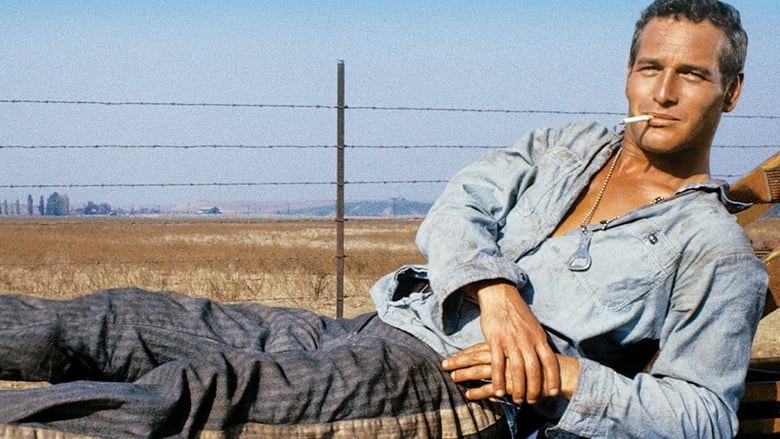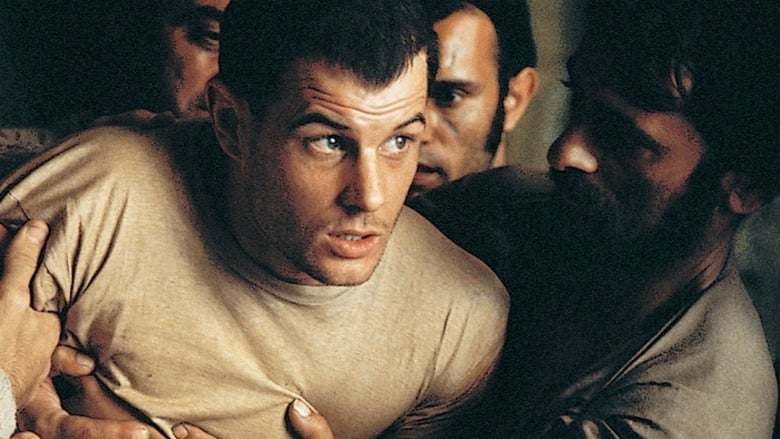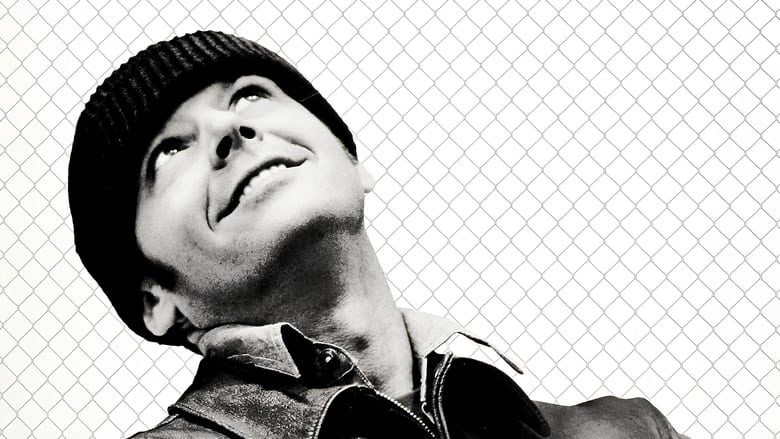At the height of the Vietnam war, Captain Benjamin Willard is sent on a dangerous mission that, officially, "does not exist, nor will it ever exist." His goal is to locate - and eliminate - a mysterious Green Beret Colonel named Walter Kurtz, who has been leading his personal army on illegal guerrilla missions into enemy territory.


Similar titles

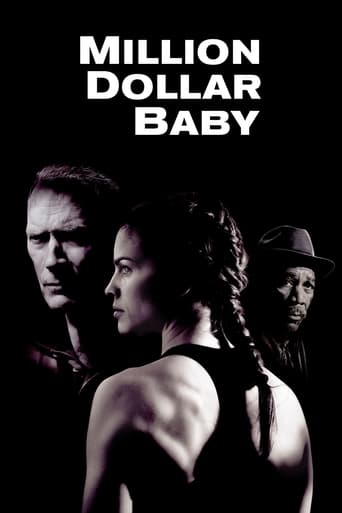

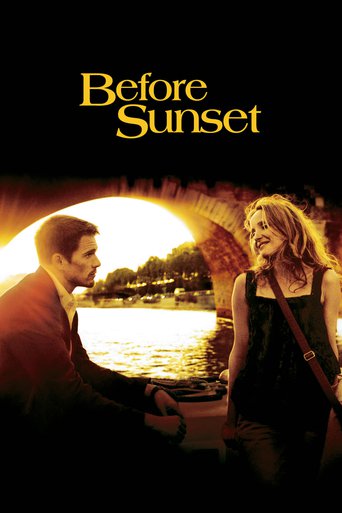


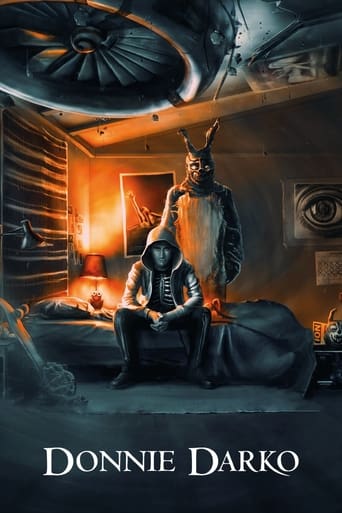

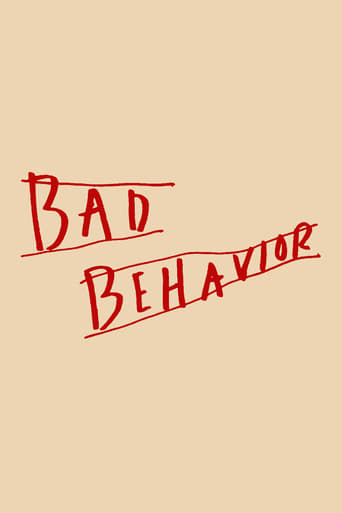
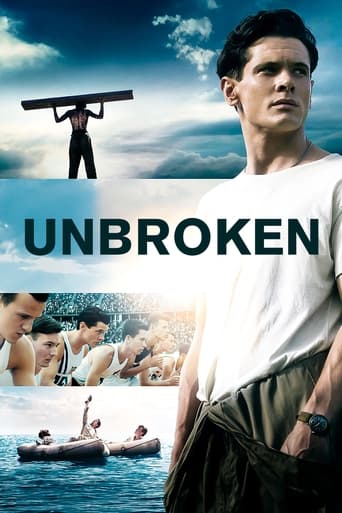
Reviews
Joseph Conrad's 1899 novella Heart of Darkness was about venturing into the moral depths of colonial Africa. Though it wasn't an immediate sensation, it evidently was not ignored by the literary community. The famous line announcing the antagonist's demise, "Mistah Kurtz-he dead," served as an epigraph to T.S. Eliot's poem "The Hollow Men." Eighty years after Conrad's book debuted, the Coppola film Apocalypse Now hit the big screen. Though lightly influenced by Heart of Darkness, the movie's setting was not the Belgian Congo, but the Vietnam War. And though the antagonist (played by Marlon Brando) was named Kurtz, that particular Kurtz was no ivory trader, but a U.S. military officer who had become mentally unhinged. The book began and ended in the United Kingdom. Though it recounted Marlow's voyage through Belgian Congo in search of Kurtz and is forever linked to the African continent, Conrad's novella began and ended in England. At the story's conclusion, the "tranquil waterway" that "seemed to lead into the heart of an immense darkness" was none other than the River Thames. The well-traveled protagonist, Marlow-who appears in other Conrad works, such as Lord Jim-was based on his equally well-traveled creator. In 1890, 32-year-old Conrad sailed the Congo River while serving as second-in-command on a Belgian trading company steamboat. As a career seaman, Conrad explored not only the African continent but also ventured to places ranging from Australia to India to South America. Colonizing was then, when the book appeared,all the rage . Imperialism-now viewed as misguided, oppressive, and ruthless-was much in vogue when Conrad hit shelves. The "Scramble for Africa" had seen European powers stake their claims on the majority of the continent. Britain's Queen Victoria was portrayed as the colonies' "great white mother." Since the wise magi saw the star in the East, Christianity had found no nobler expression. Conrad, however, did not echo the imperialistic exuberance. He no champion of colonialism, Chinua Achebe-the Nigerian author -delivered a 1975 lecture called "An Image of Africa: Racism in Conrad's Heart of Darkness" that described Conrad as a "thoroughgoing racist" and his ubiquitous classic novella as "an offensive and deplorable book." However, even Achebe credited Conrad for having "condemned the evil of imperial exploitation." And others have recognized Heart of Darkness as an indictment of the unfairness and barbarity of the colonial system. Heart of Darkness managed to ascend to immense prominence in the 1950s, after the planet had witnessed "the horror"-Kurtz's last words in the book-of WWII and the ramifications of influential men who so thoroughly indulged their basest instincts. Coppola's film was based on a terrible misreading of Conrad. Coppola turned a brilliant piece of fiction into a visual disaster. The complex narrative was transformed in ordinary Kitsch. The final scenes, involving Dennis Hopper and Marlon Brando , are lame. What, then, can one see in "Apocalypse Now"? Little more than all the one-sided anti-American, anti-Vietnam-war stereotypes of those times: Wagner's Ride of the Valkyries subtly suggesting that America might be a counterpart to National Socialism); the denunciation of the "Ugly American" alienation; the irony & smartness of metaphors like juxtaposing warfare and surfer-safaris ; and so on. Hardly "the most honest account of the futility of war." A better description is "a schizophrenic approach to the randomness of guerrilla warfare." An ambiguous fantasy. But people are welcome to read into it any way they want.
I love this film. I've read the book it was based on, watched all the extras on the DVD, and the documentaries about its making. And the more I know about it the more I love it. Its hard to realise how ground breaking (technically) and controversial it was at the time (due to its subject matter, but also due to cost), and how difficult it was to make. All of it which made its name at the time, but its reputation now is based on the film, which still works today, with some epic set pieces, and excellent depiction of the lunacy of the Vietnam war, and a flawed, but still interesting, journey into the madness and immorality of war in general.
This film was incredibly well done, and the similarities to Conrad's Heart of Darkness were amazing, creating a similar message in the end. The first scene is everything: the cinematography was perfect, and The End by the Doors as the soundtrack worked eerily well. Lighting throughout the movie, especially surrounding the mysterious Kurtz (although it was needed) also worked well to establish the mood. Throughout the movie, we are encouraged to see that Kurtz' inhumanity likely stems from being put in a situation where he answers to (essentially) no one, where there are no rules, and where morals he thought he once had fell apart. Maybe, it is more the absence of "civilization" that leads to the "civilization" that encourages inhumane treatment. It is human nature that is at fault, not any individual or group. The encouragement of American society for Kurtz to act in this way also definitely had an effect on him, but this is also human nature in a way. Human nature includes the elite's love for power and their ability to send others off to do the dirty work as well as the quality of obedience in those "others". All of these are human biases, and it seems like only the people who have a great deal of self-awareness/control would be able to overcome them. Coppola's genius in Apocalypse Now encourages us to recognize that we all have darkness inside of us, but it is our ability to overcome this madness, even in the face of no authority or laws OR in the face of authority that is evidently incorrect, that is what matters. This movie, like Conrad's masterpiece, also raises the following questions: When to "shield" the truth? Who should do so? Does anyone have the right to do so? Should the public have full access to all knowledge? It makes sense to think that the general public is sometimes not in the position to make a good judgement call and that emotions would cloud our judgement. But this mindset is also dangerous for the people who ultimately make the call, as it places them on a pedestal that could then cloud their judgement. Hard question that we need to ask ourselves...There are also apparent differences between Apocalypse Now and Heart of Darkness. For example, in Heart of Darkness, the British Empire stands firm, with Conrad seeming to respect the British Empire endlessly. With such a positive view of the motherland, the implications in Heart of Darkness in terms of England seem to be that all is not yet lost and there is some hope for mankind after all. The film is entirely different; after watching it and learning of the Vietnam war, few people would dare to advocate for the US as a solution to any problem today. This then leads us to the opposite conclusion: that America has absolutely no right to put itself on a pedestal that creates 'good' in the world. And of course, in today's view, this idea is much more realistic and applicable. I appreciate that Coppola urges his audience to recognize that America is not some heaven and also to look back on history and our mistakes. This movie was very well done, with aspects like sound and editing coming together to create a masterpiece, and raises difficult questions that we must ask ourselves.
Why would you watch this more than once? I can't even make it through the movie once. What a horrible waste of 2 and a half hours. Just stop!

